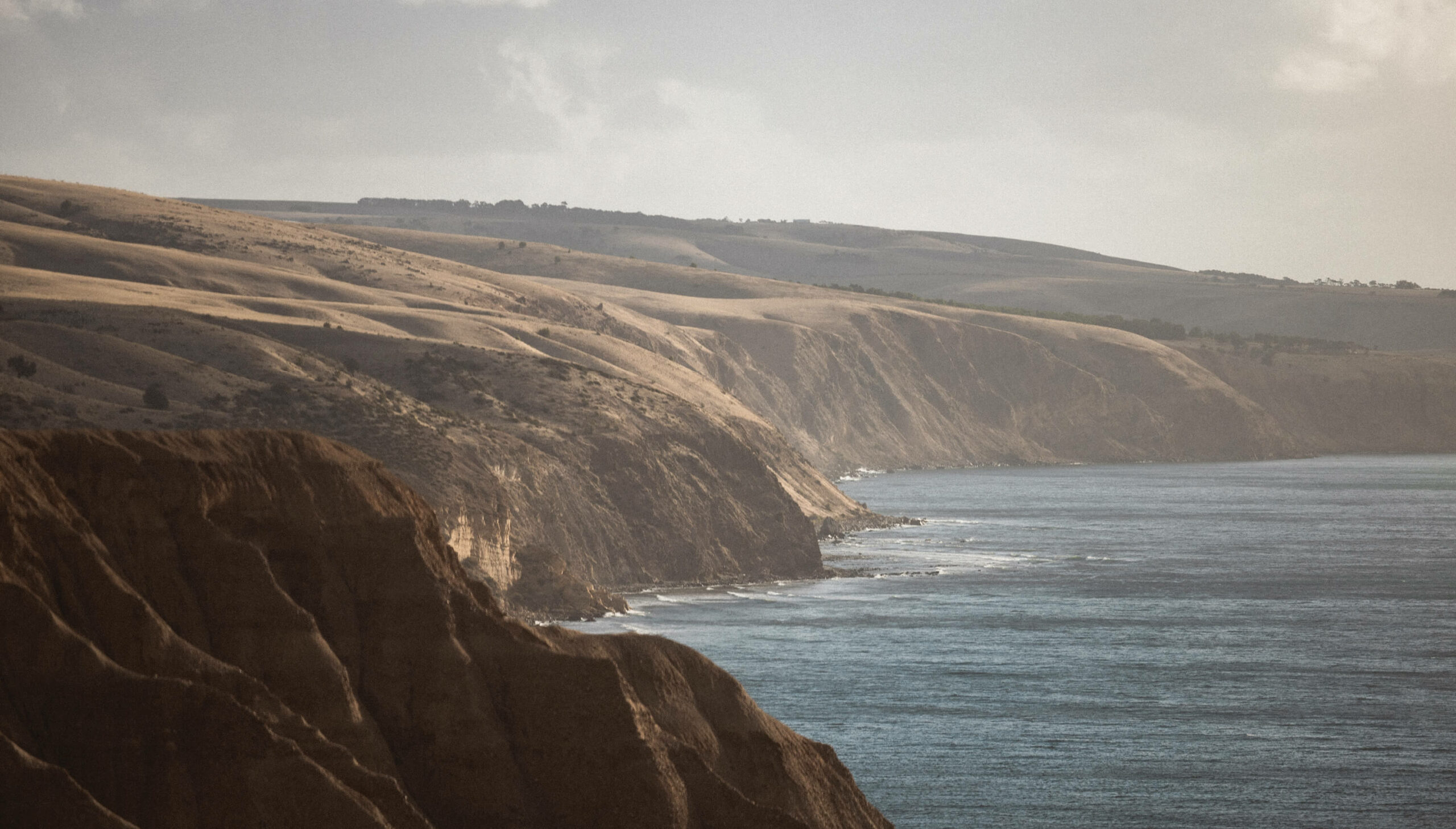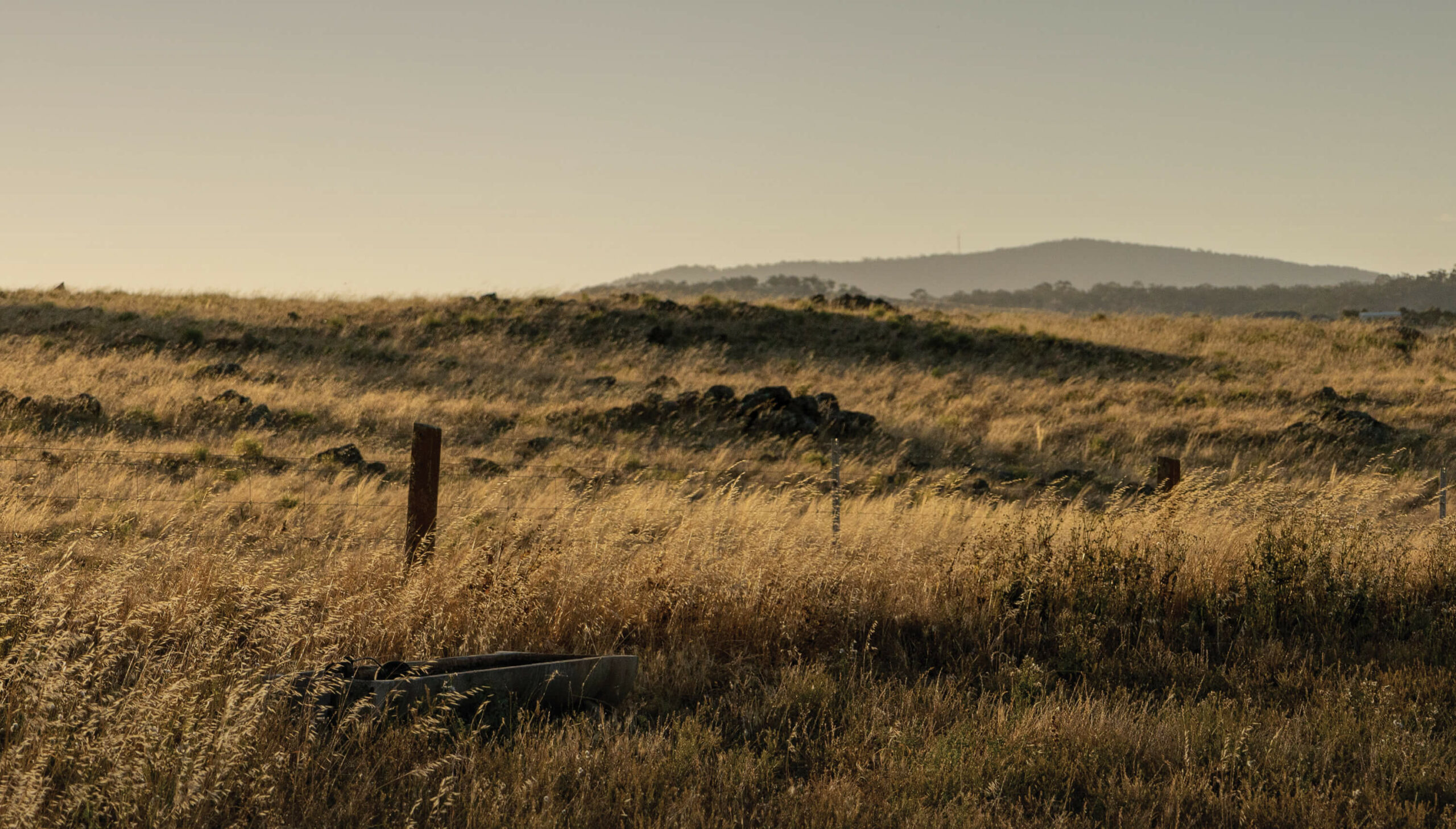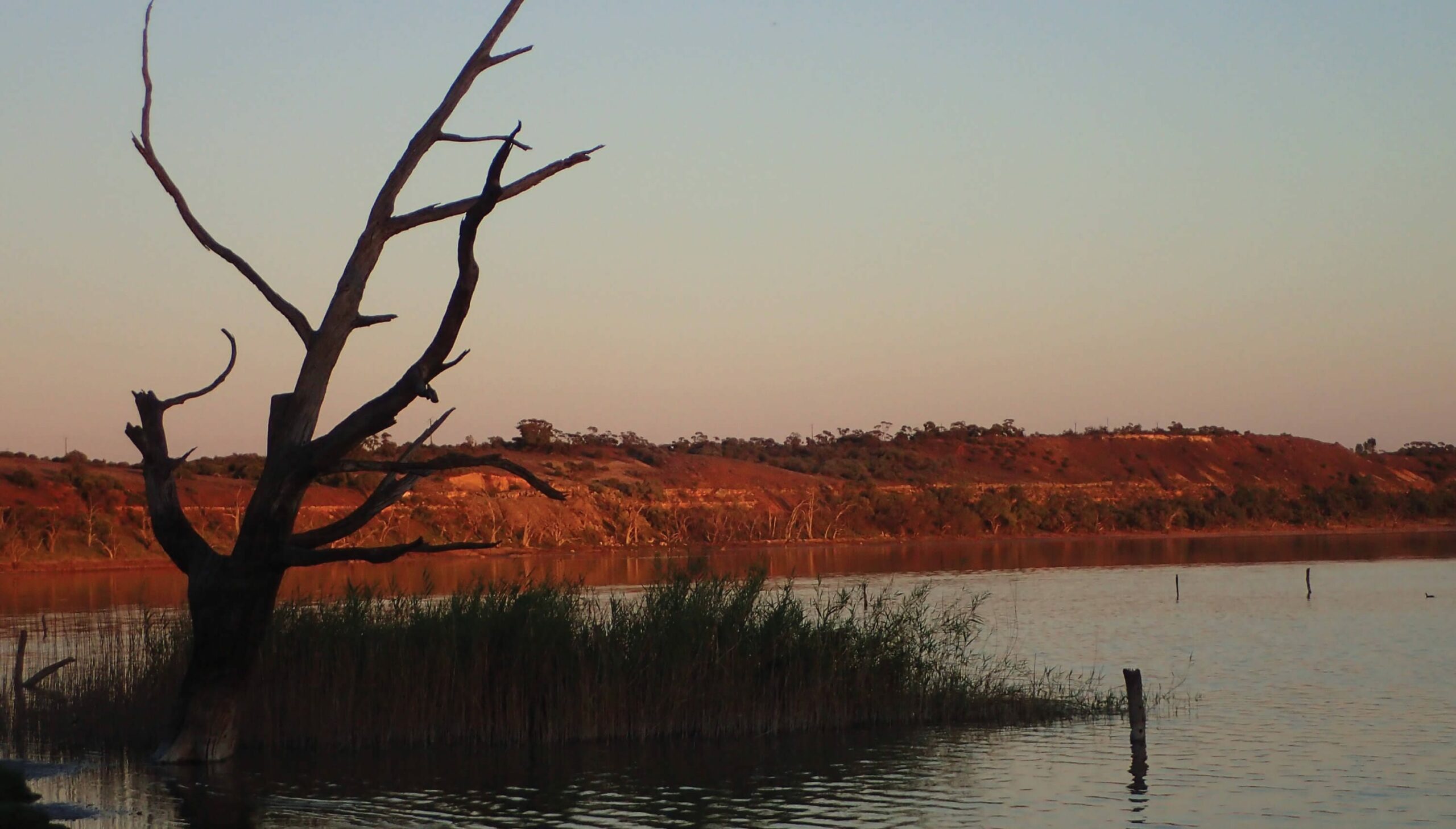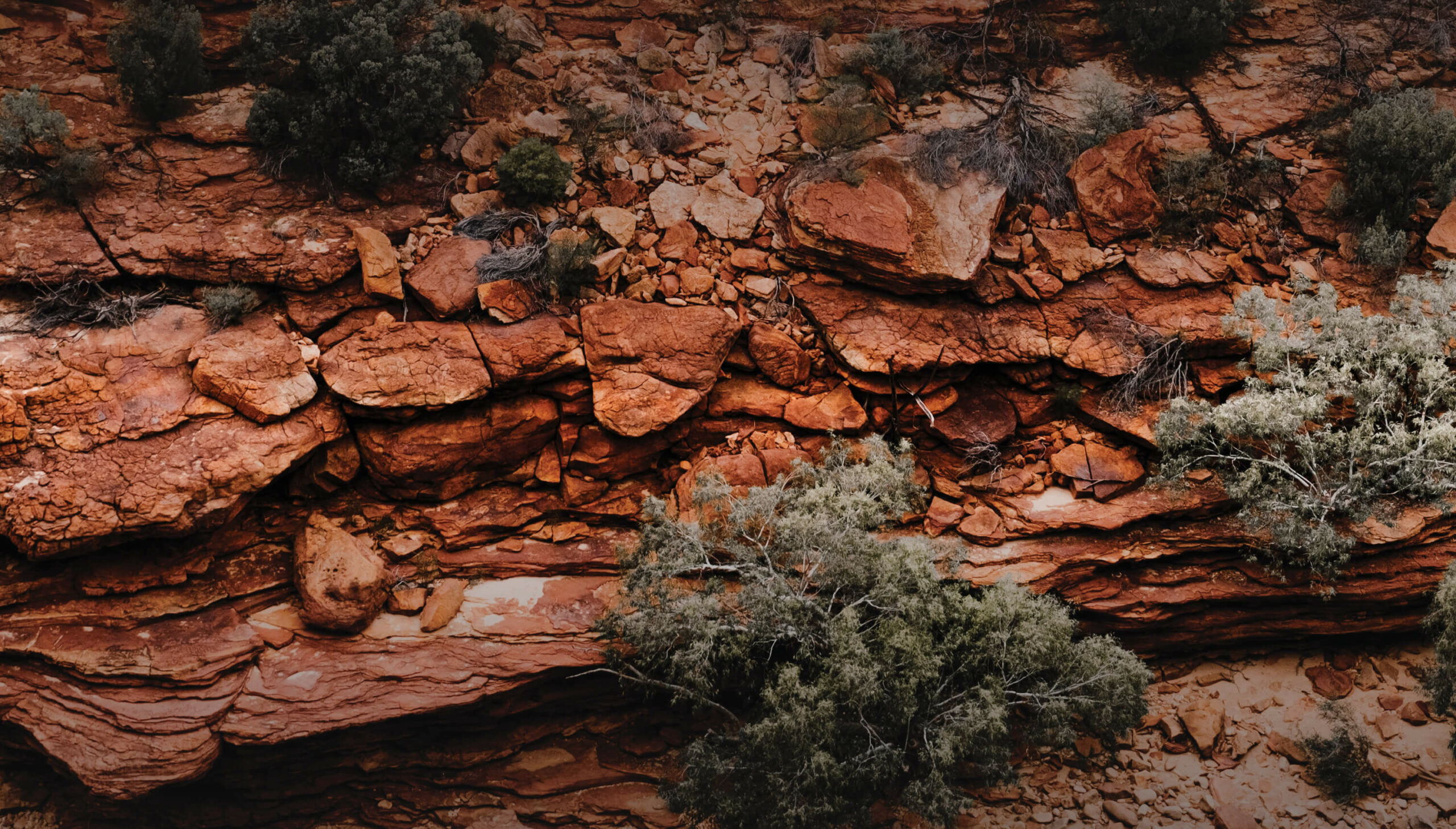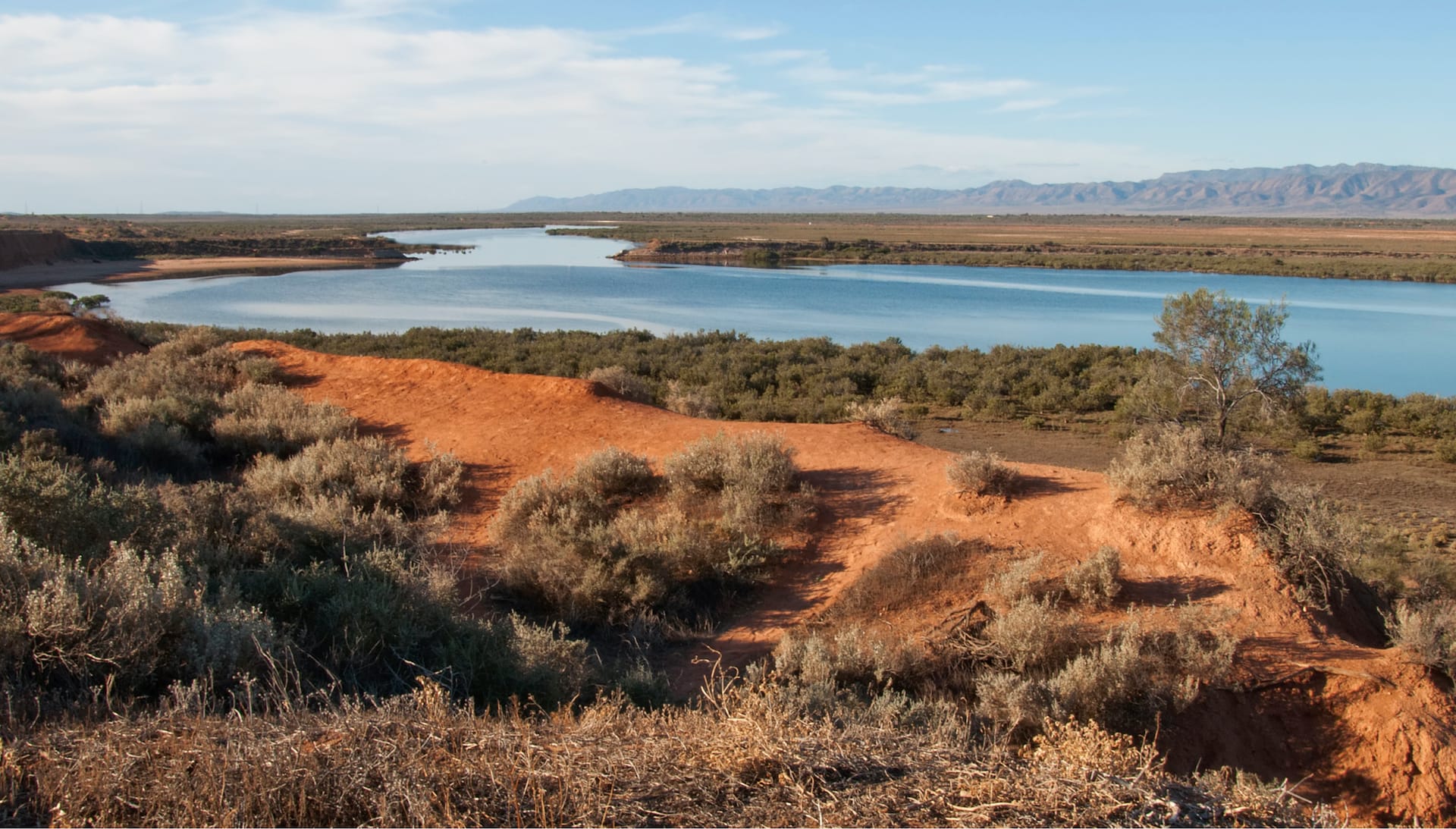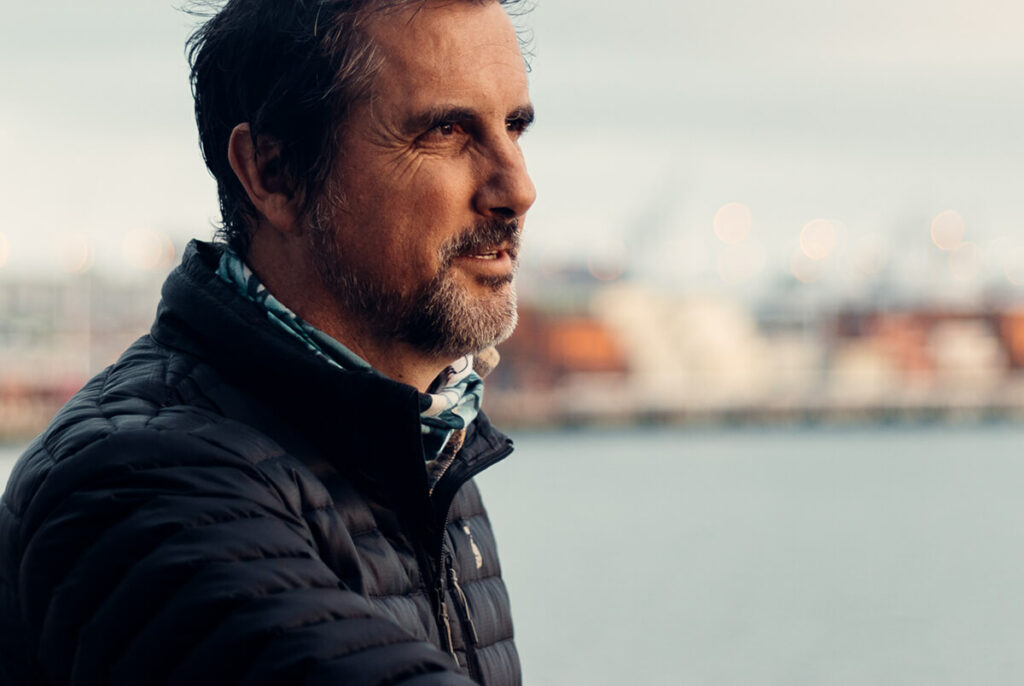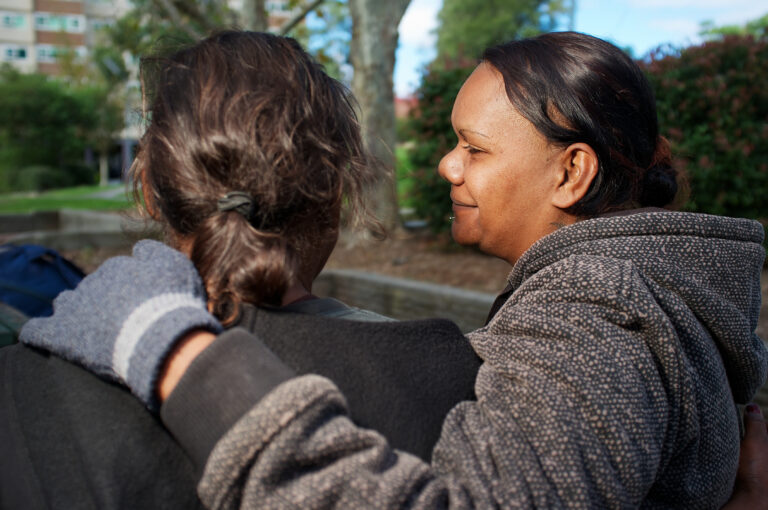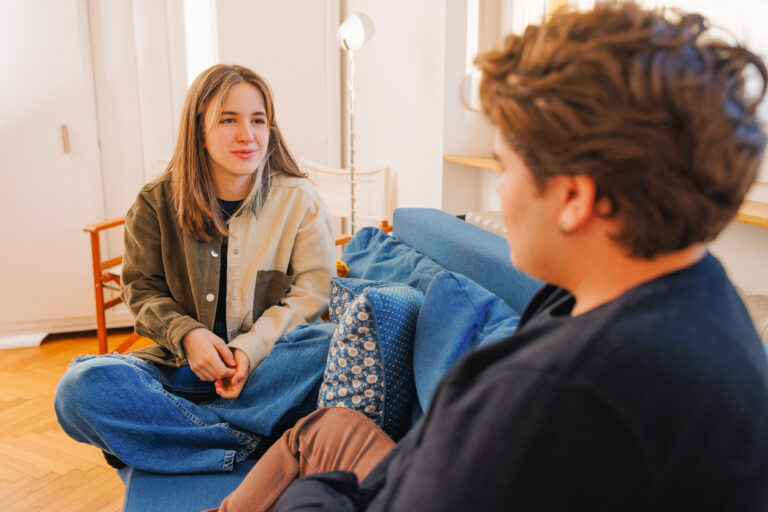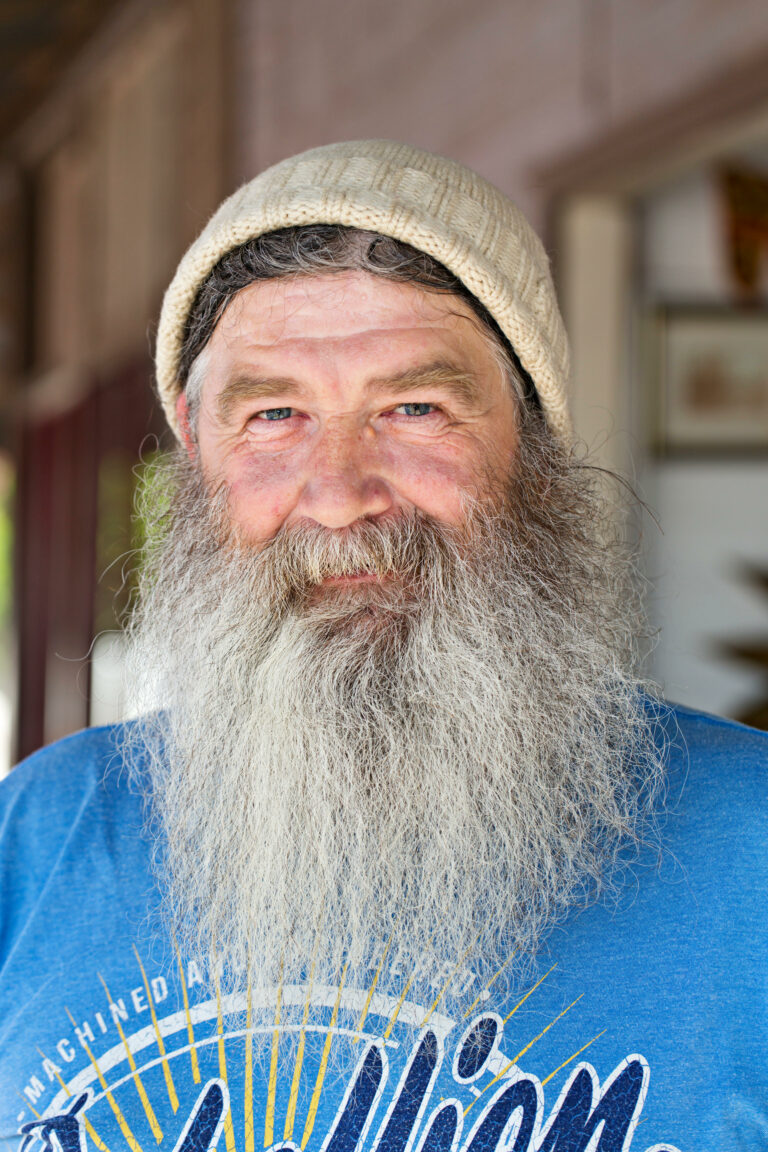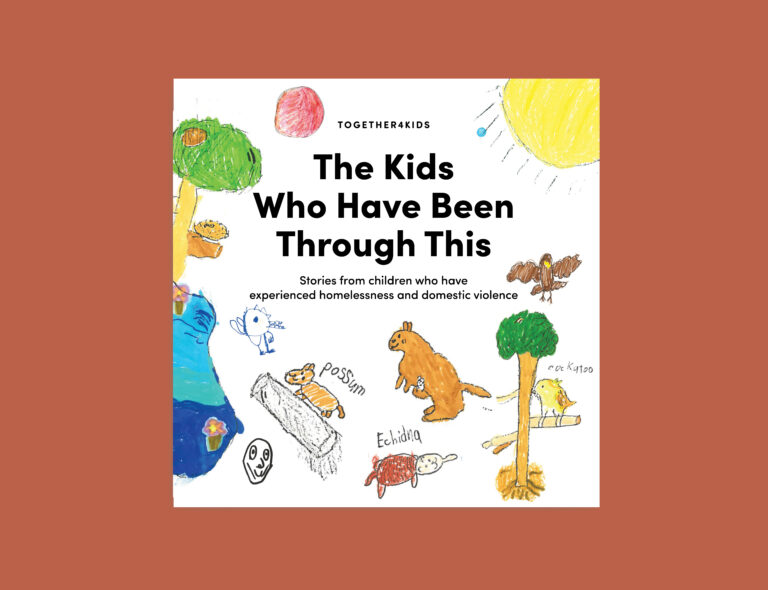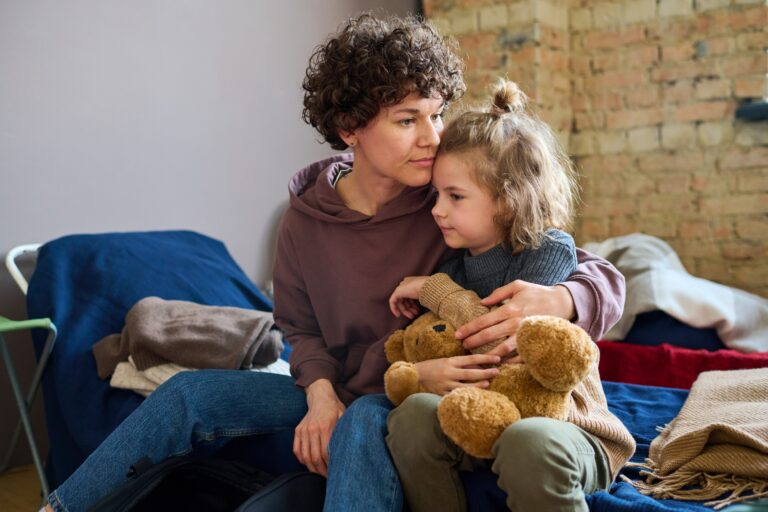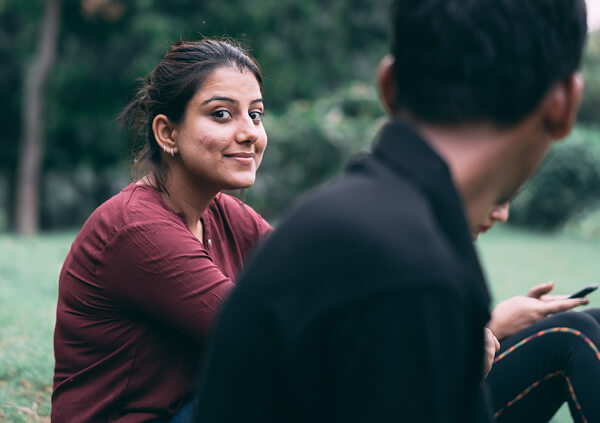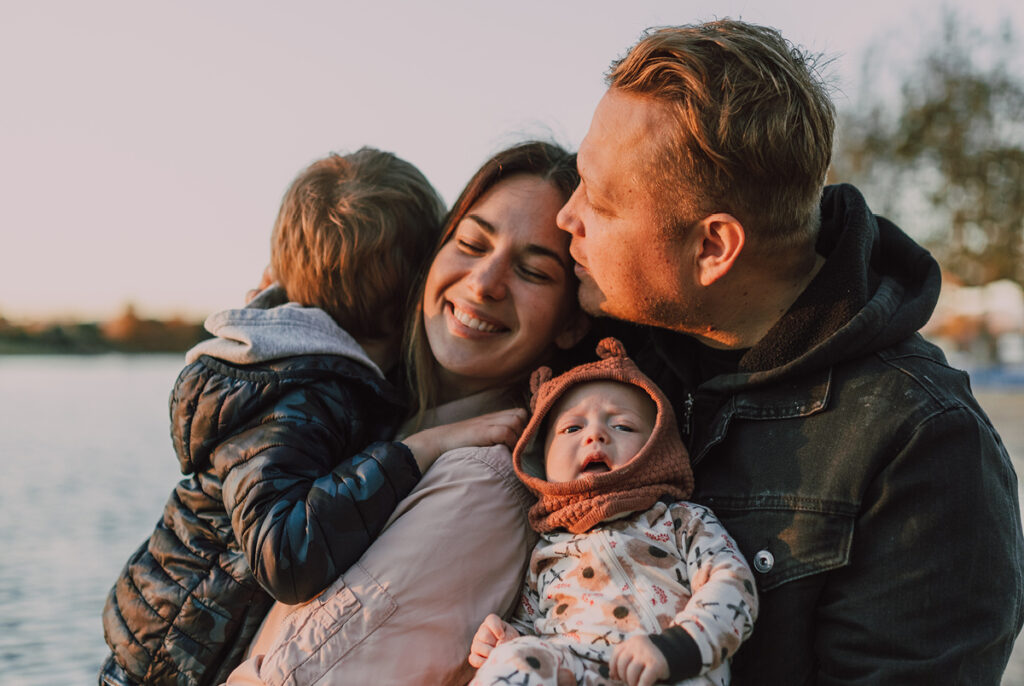Overview
Who It's For
Case Management support through a Restorative Practice framework for people who have experienced Childhood Sexual Abuse in an Institutional context and wish to apply to the National Redress Scheme.
How We Help
Helps people plan for and protect their Redress outcomes, as well as working with the client to plan and receive their Direct Personal Response (apology) from the institution.
What to Expect
The RSS provides face to face services in all Relationships Australia Offices, telephone, telehealth and Correctional Facility work.
How we Help:
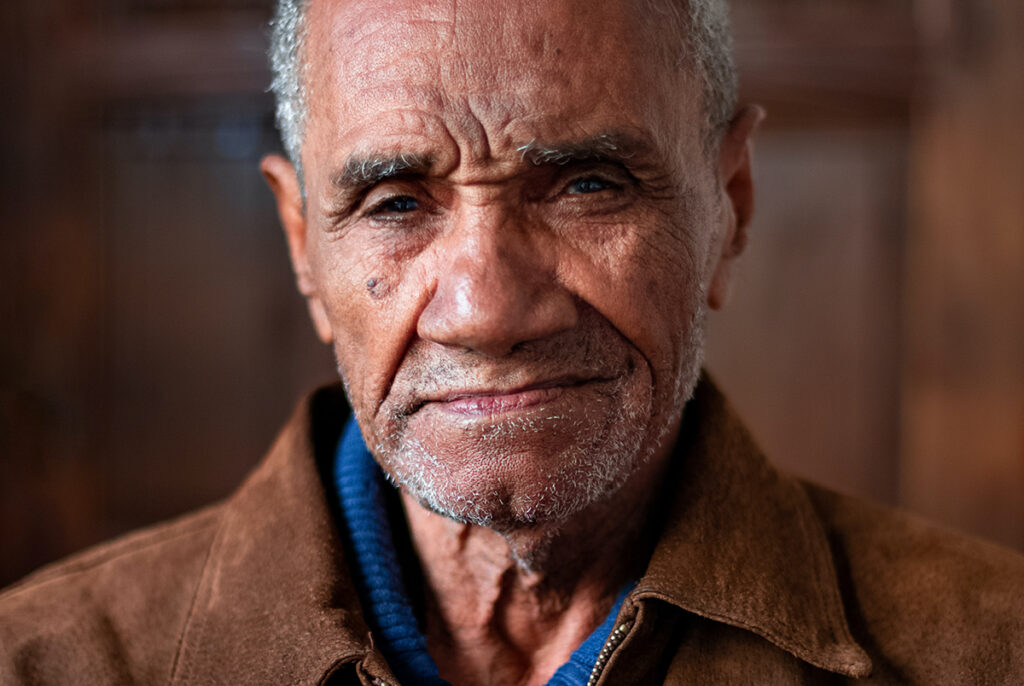
"The worker I was given is very understanding and patient with me and I feel comfortable talking with her! Being comfortable talking about issues is definitely a must for the trust to be there… I love the job you guys do. I wouldn't be able to do the redress scheme without the support of Relationships Australia thanks guys!"
Redress client, Snapshot Survey 2022
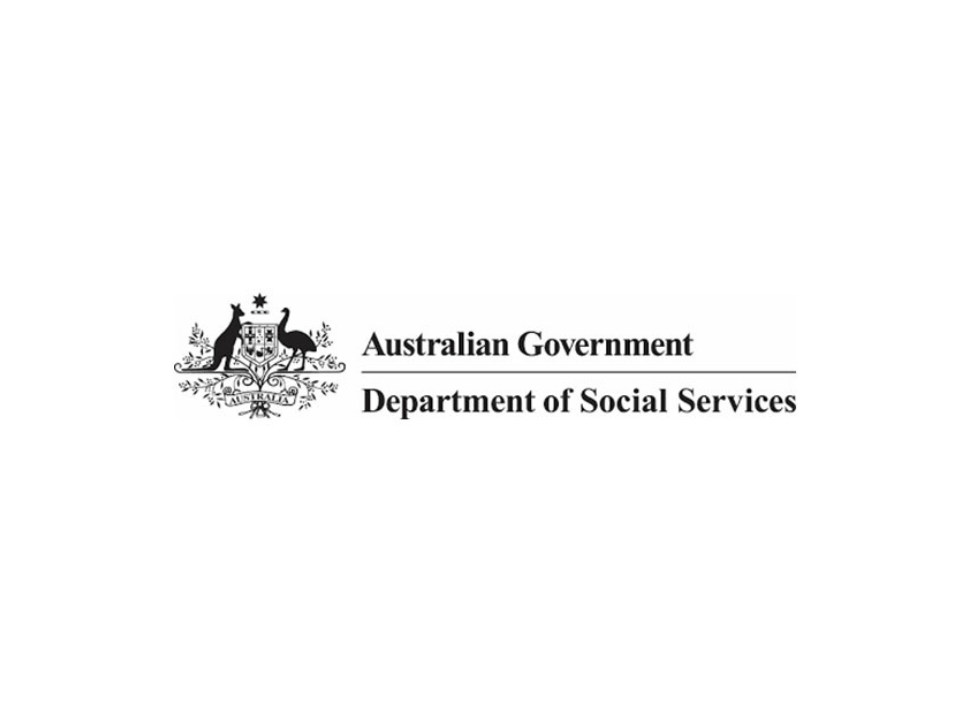
Funding Acknowledgement
The Redress Support Service is funded by The Department of Social Services.
